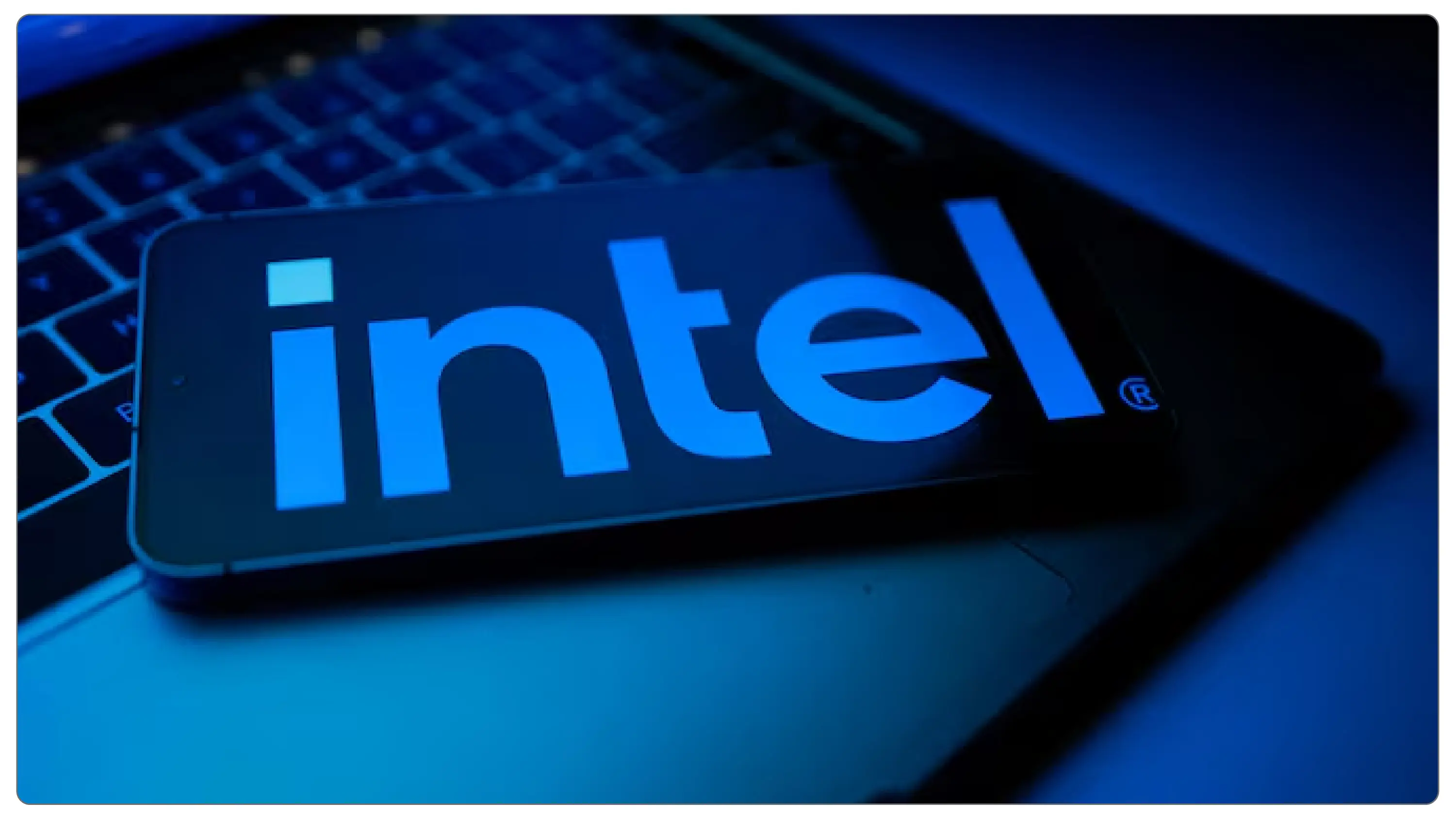Intel Secures $5.7B Early in Amended CHIPS Act Deal
Intel has reshaped its partnership with the U.S. government in a move that blends speed, strategy, and politics. The tech giant revealed that it will now receive $5.7 billion in CHIPS Act Fund ahead of schedule, giving its American semiconductor projects a much-needed financial boost. A change from its 2024 agreement, the accelerated payout allows Intel greater freedom in how it uses the money. However, there are still limitations: no dividend, no stock buybacks, and no foreign expansions that pose a threat to the U.S.'s preferences.

To secure the money, Intel issued 274.6 million shares directly to the U.S. government, while also agreeing to provisions that could result in the transfer of up to 240.5 million more shares in the future. Additionally, 158.7 million shares have been placed in escrow and will only be released if Washington provides further support for Intel’s Secure Enclave initiative, an advanced manufacturing program focused on national security.
Altogether, Intel has now invested nearly $7.9 billion in CHIPS-eligible projects, while Washington’s total backing through equity and grants has increased to $11.1 billion. Crucially, business leaders emphasized that the structure was designed to provide the government with financial exposure without granting it operational authority. Even with Washington owning a 9.9% stake, Intel will continue to operate its foundry operations independently, according to David Zinsner, the company's chief financial officer.
For Intel, the timing is critical. This will allow the company to expedite construction and technology upgrades at its U.S. facility by unlocking billions of dollars in new capital months ahead of schedule. An infrastructure offering it a competitive advantage in the worldwide chip competition. Additionally, it solidifies Intel's position as the focal point of U.S. semiconductor strategy during a period when supply chain security and technology sovereignty are of utmost importance.
Yet, the deal is not without complications. Investors are keeping a close eye on the U.S., one of the biggest stakeholders in Intel is the government. While some experts fear dilution for current shareholders, others caution that this could lead to political entanglements in the company's business decisions. Most significantly, Intel has acknowledged that its deepening relations with foreign governments, which still make up almost one-third of its yearly sales, could be tense. These conflicts may limit access to incentives overseas and impact global revenue streams.
Despite these challenges, the new agreement highlights a broader truth: the semiconductor race is no longer just a business story; it is a matter of national security and policy. Intel's bold renegotiation shows how closely the future of private tech giants is now intertwined with government agendas.
In short, this isn’t just about one company securing early funds. It's about redefining the balance of power between industry and state in a world increasingly driven by chips.